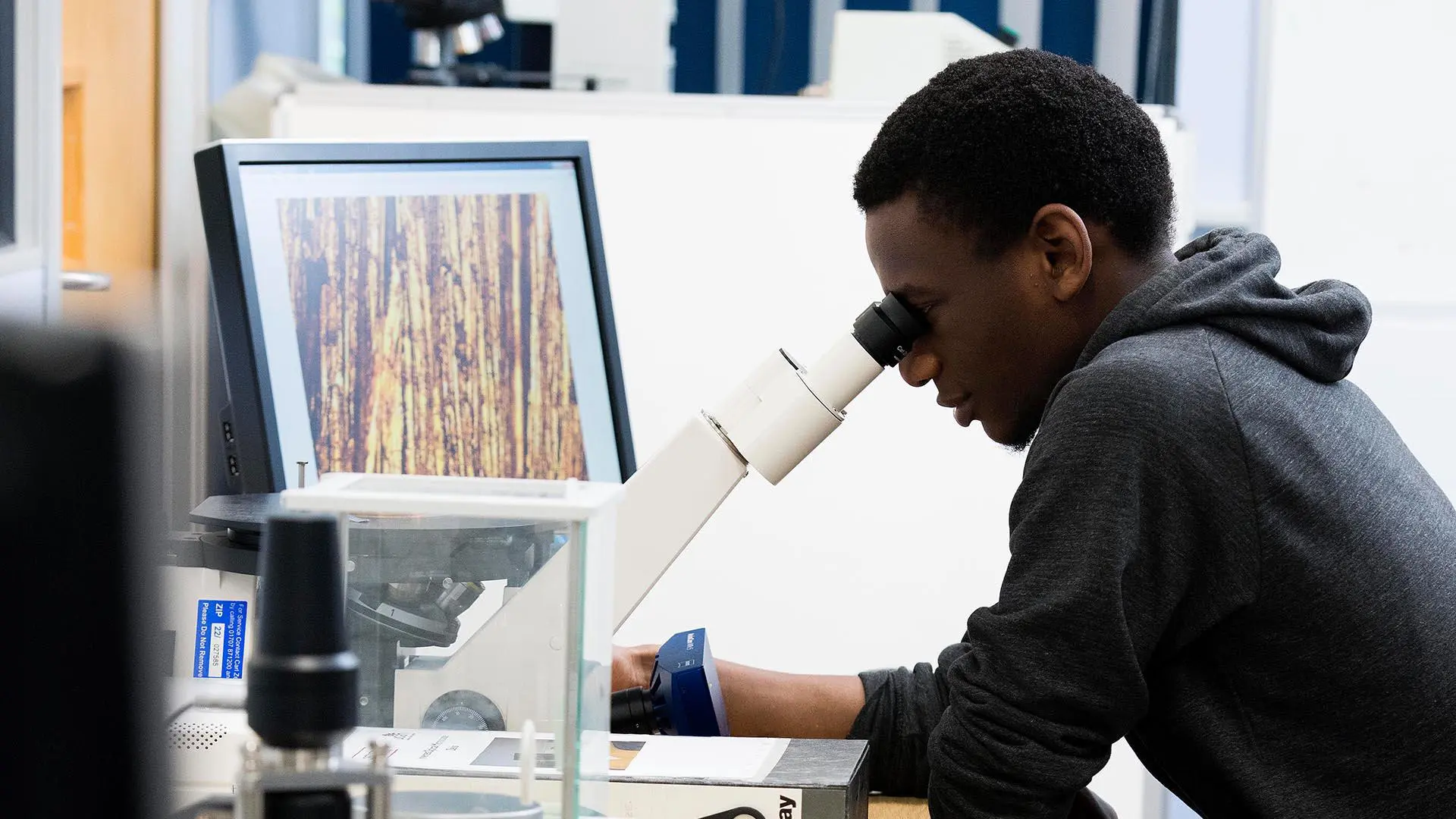Tribology is formally the study of interacting surfaces in relative motion. It involves the study of friction, wear and lubrication and is now increasingly involved with surface adhesion and changes in surface characteristics in static situations. Tribology has enormous influence on our daily lives as it affects economic, environmental and performance issues in both natural and man-made systems.
A range of key tribotechnology themes support our work across differing engineering applications. UCLan’s areas of expertise include:
- Active tribology (“tribotronics”)
- Bio-tribology
- Condition monitoring
- Fluid film technology
- Surface measurement
- Surface engineering
Impact
Research activity in the Jost Institute has addressed a wide range of practical topics, and some of our achievements include:
- The development of computer models to predict the friction of skis on artificial dry slopes
- The development of protocols to prevent vibration-induced loosening (“self-loosening”) of threaded fasteners
- Better understanding of the performance of solid and liquid lubricants used for mechanisms in spacecraft
- Characterisation of advanced materials and coatings for touch screens
- Computer models to predict the lubrication conditions for piston-rings packs operating in internal combustion engines
- Improved understanding of the mechanism of bio-fouling of marine structures;

